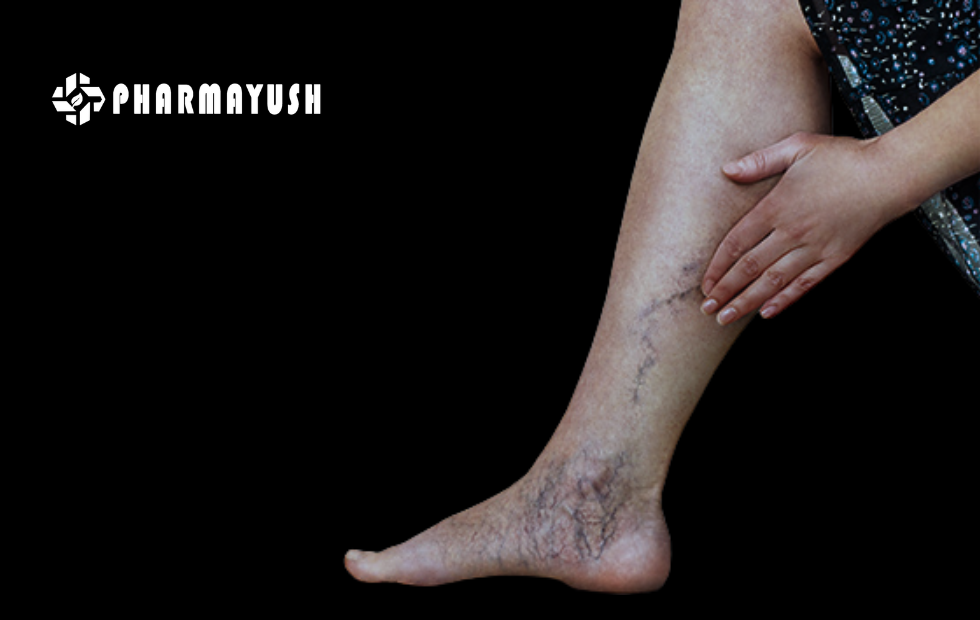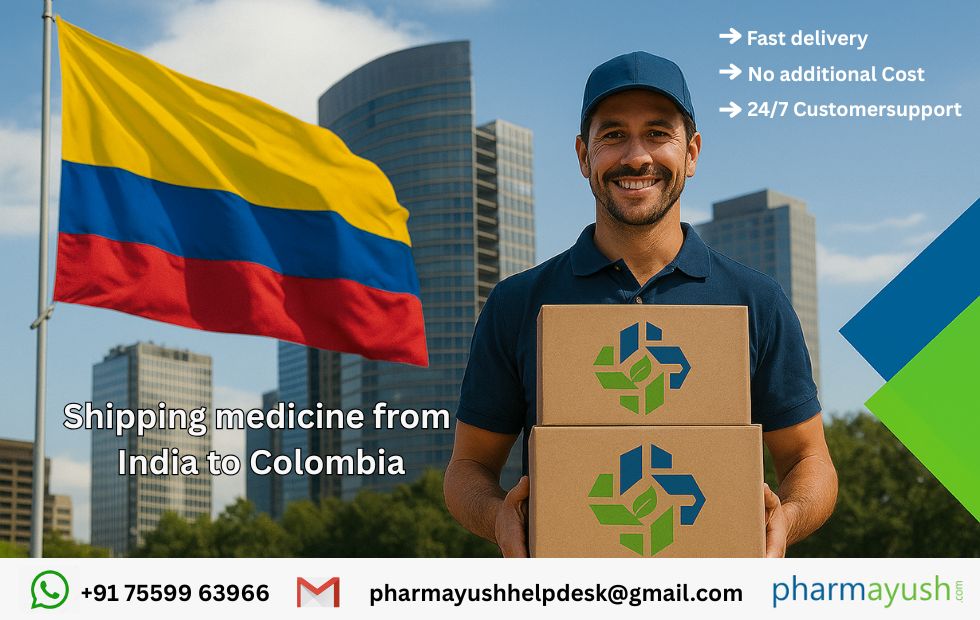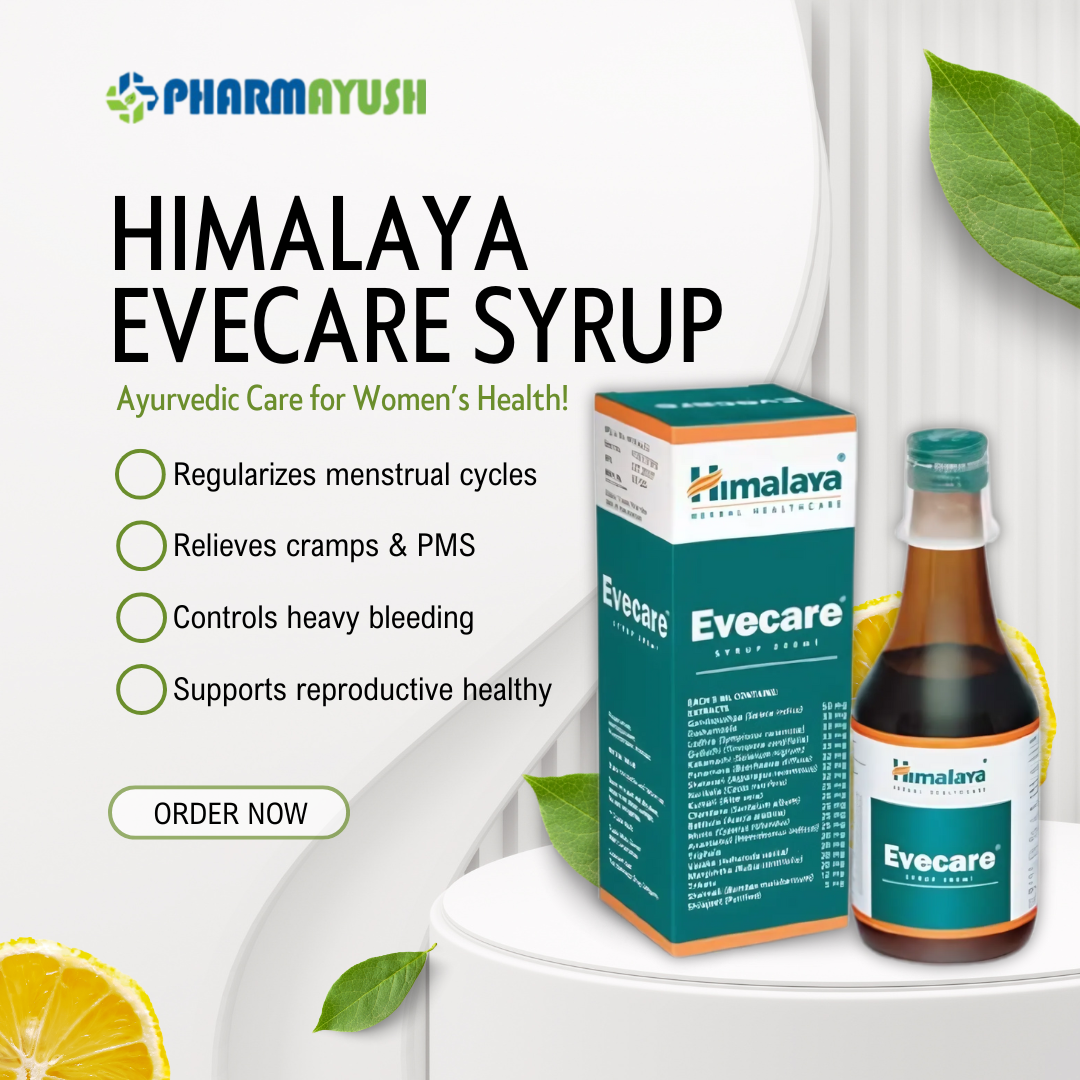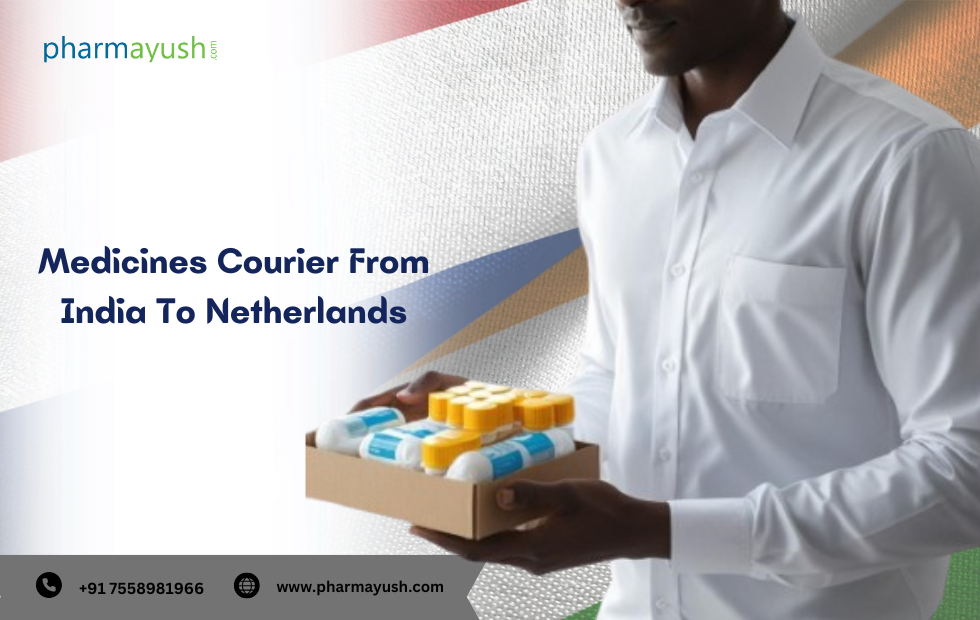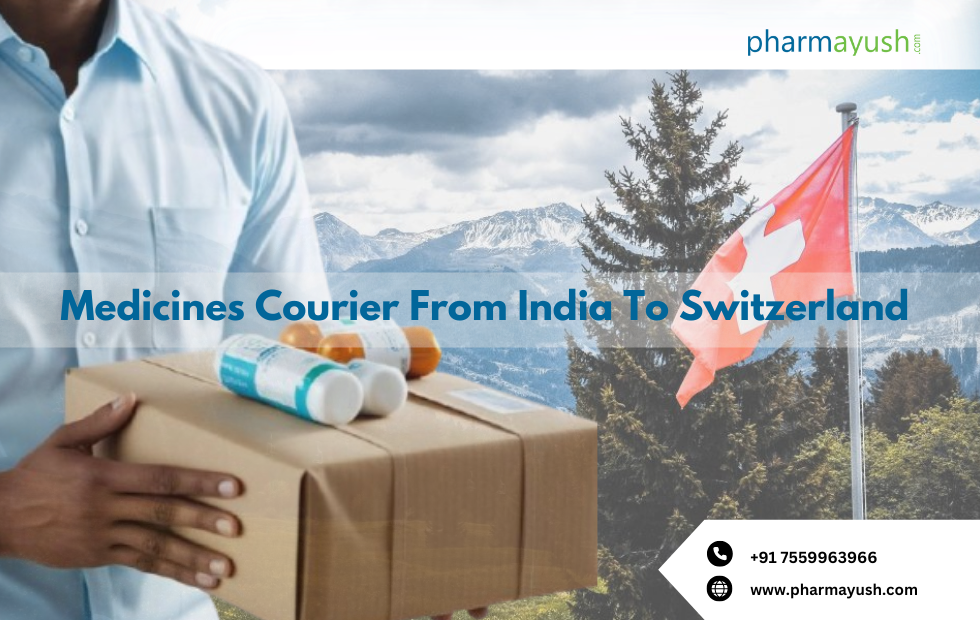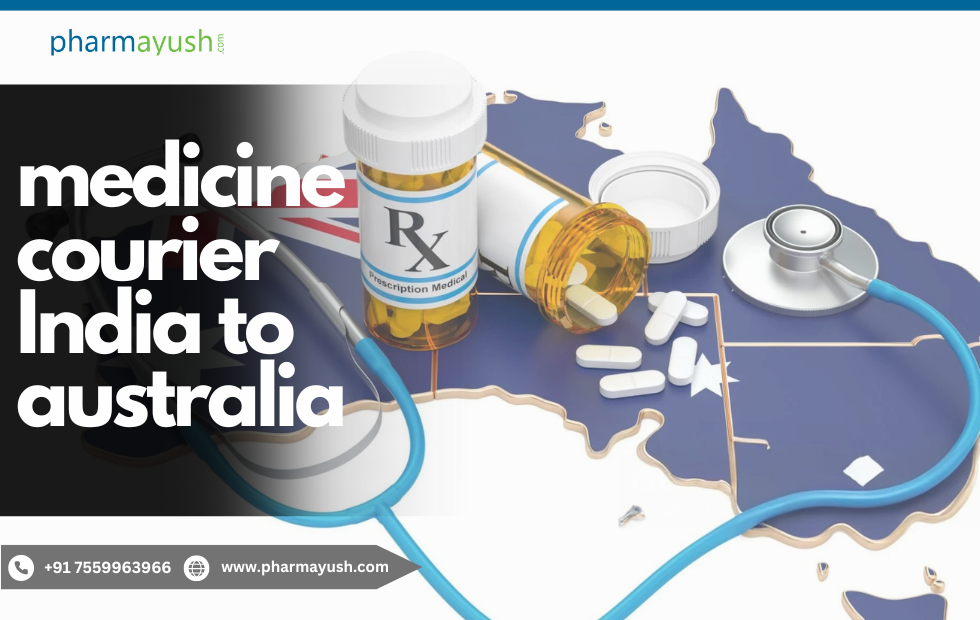Description
Varicose veins are a common condition in which the veins in the legs become swollen and twisted, often causing discomfort and pain. Ayurveda, a traditional Indian system of medicine, offers several natural remedies that can help manage varicose veins.
Here are a few Ayurvedic tips for managing varicose veins:
-
Exercise regularly: Regular exercise, such as walking, swimming, or cycling, can help to improve blood circulation and reduce the symptoms of varicose veins.
-
Follow a healthy diet: Ayurveda recommends a diet that is high in fibre and antioxidants and low in saturated fat and salt. This can help to maintain a healthy weight, reduce inflammation, and improve circulation.
-
Elevate the legs: elevating the legs above the level of the heart can help reduce swelling and improve circulation.
-
Use compression stockings: Compression stockings can help improve blood flow and reduce the symptoms of varicose veins.
-
Use herbs and oils: Ayurveda uses various herbs and oils for their healing properties. Some herbs that can be beneficial for varicose veins include ginger, turmeric, and neem. Massaging the affected area with oils such as sesame oil or castor oil can also help to improve circulation and reduce inflammation.
Varicose veins are caused by weakened or damaged valves in the veins, which are responsible for regulating blood flow. When the valves are damaged, blood can pool in the veins, causing them to become enlarged, twisted, and swollen. While the exact cause of varicose veins is not fully understood, there are several factors that can increase the risk of developing this condition.
Some common risk factors for varicose veins:
-
Age: As you age, the valves in your veins may become weaker and less able to regulate blood flow, increasing the risk of varicose veins.
-
Genetics: Varicose veins tend to run in families, suggesting that genetics may play a role in their development.
-
Gender: Women are more likely to develop varicose veins than men, due to hormonal changes during pregnancy and menopause.
-
Obesity: Being overweight or obese puts extra pressure on the veins in your legs, increasing the risk of varicose veins.
-
Prolonged standing or sitting: Jobs that require prolonged standing or sitting can lead to poor circulation and increase the risk of varicose veins.
-
Pregnancy: The increased pressure on the veins in the pelvis and legs during pregnancy can cause varicose veins to develop.
-
Previous blood clots: A history of blood clots in the legs can damage the valves in the veins and increase the risk of varicose veins.
Some of the common symptoms of varicose veins include:
Visible veins: Varicose veins are often visible just beneath the surface of the skin. They appear as swollen, twisted, and bulging veins that are blue or purple in colour.
Pain: Some people with varicose veins experience pain or discomfort in the affected area. The pain may be a dull ache or a burning sensation, and it may worsen after prolonged standing or sitting.
Swelling: Varicose veins can cause swelling in the legs and ankles, which may be more pronounced after prolonged standing or sitting.
Skin changes: Over time, varicose veins can cause changes to the skin in the affected area. This may include dryness, itchiness, or darkening of the skin.
Ulcers: In severe cases, varicose veins can lead to the development of ulcers in the affected area. These ulcers may be painful and slow to heal.
Ayurvedic herbal remedies:
Ashwagandha: also known as Withania somnifera, is an Ayurvedic herb that is traditionally used to reduce stress and promote overall health. It contains compounds called withanolides, which have been shown in some studies to have anti-inflammatory properties and may help improve blood flow.
Manjistha: also known as Rubia cordifolia, is an Ayurvedic herb that has traditionally been used for various health conditions, including skin diseases, inflammation, and circulatory disorders. Manjistha contains compounds that have anti-inflammatory and antioxidant properties, which may be beneficial for managing the symptoms of varicose veins. Some preliminary studies have shown that Manjistha may have a positive effect on circulation and inflammation.
Gotu kola: also known as Centella asiatica, is an Ayurvedic herb that has been used for centuries for various health conditions. It is believed to have a positive effect on the circulatory system, and some studies have suggested that it may be helpful for managing symptoms of varicose veins. Gotu kola contains compounds called triterpenoids, which have been shown to have anti-inflammatory and antioxidant properties. These compounds may help to improve circulation, reduce swelling, and promote healthy blood vessel function. Additionally, gotu kola may help to strengthen the walls of the veins and improve their elasticity, which can reduce the appearance of varicose veins.
Guduchi: also known as Tinospora cordifolia, is an Ayurvedic herb that has traditionally been used for various health conditions, including skin diseases, liver disorders, and inflammation. While there is limited scientific evidence to support the use of Guduchi for the treatment of varicose veins, it may have some potential benefits for managing symptoms of this condition.
Turmeric: also known as Curcuma longa, is an Ayurvedic herb that has been used for centuries for various health conditions. It contains a compound called curcumin, which has anti-inflammatory and antioxidant properties.
Conclusion:
In conclusion, Ayurvedic remedies may offer some potential benefits for the treatment of varicose veins. Herbs such as Ashwagandha, Manjistha, Gotu Kola, and Turmeric contain compounds that have anti-inflammatory and antioxidant properties, which can help to improve circulation, reduce inflammation, and strengthen the walls of the veins. While more research is needed to determine the effectiveness of these herbs for varicose veins, they may be helpful in managing symptoms and promoting overall vein health.
It's important to note that Ayurvedic remedies should not be used as a substitute for medical treatment, and it's important to speak with your healthcare provider before using any natural remedies. Your healthcare provider can help to determine whether Ayurvedic remedies are appropriate for your individual needs, provide guidance on dosage and potential side effects, and help you to develop a comprehensive treatment plan for managing varicose veins.
Pharmayush offers a wide range of Ayurvedic products and remedies to meet all your health and wellness needs. Whether you're looking for natural solutions to specific health concerns or simply seeking to maintain optimal health and wellness, Pharmayush has a variety of products and resources to support you.


